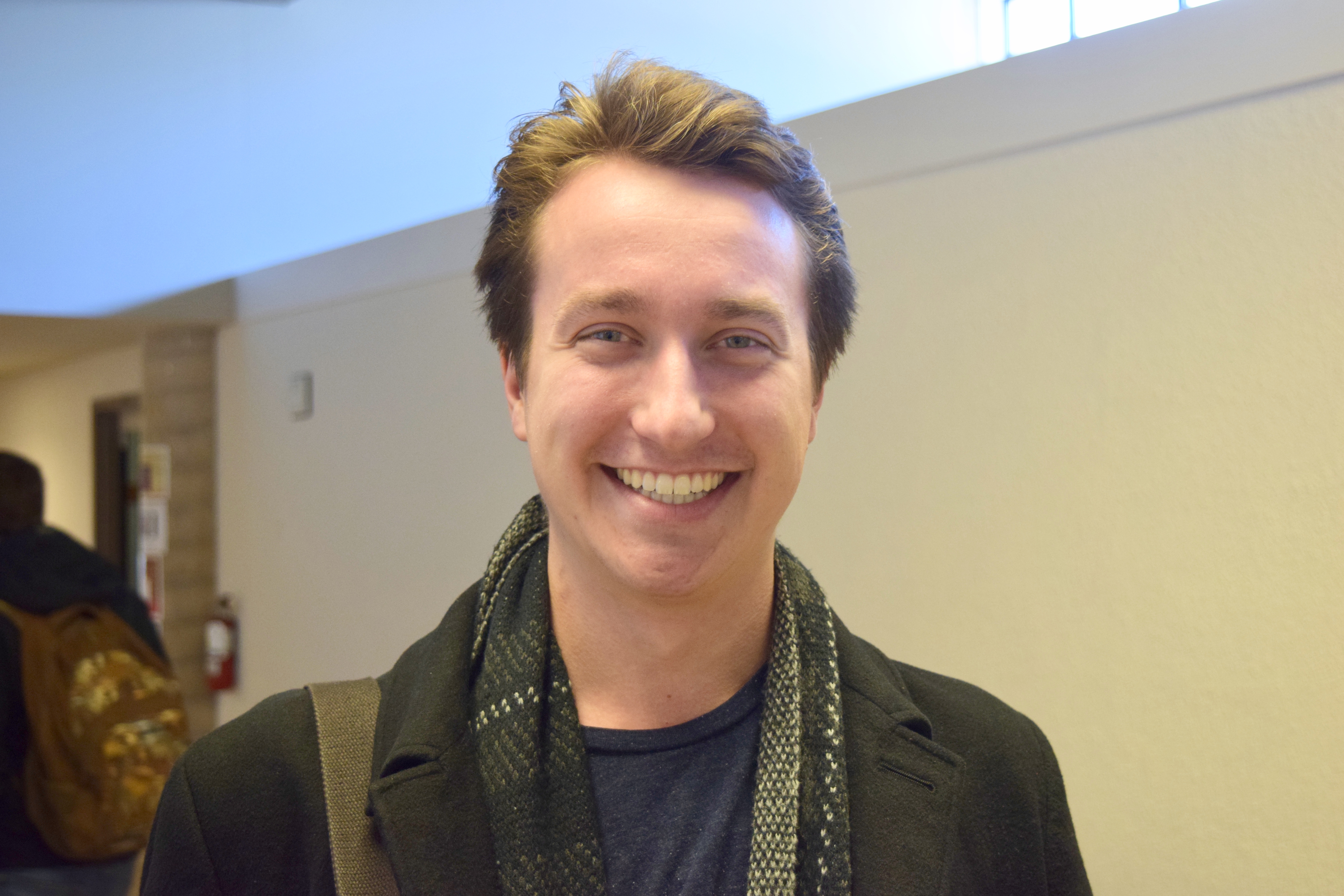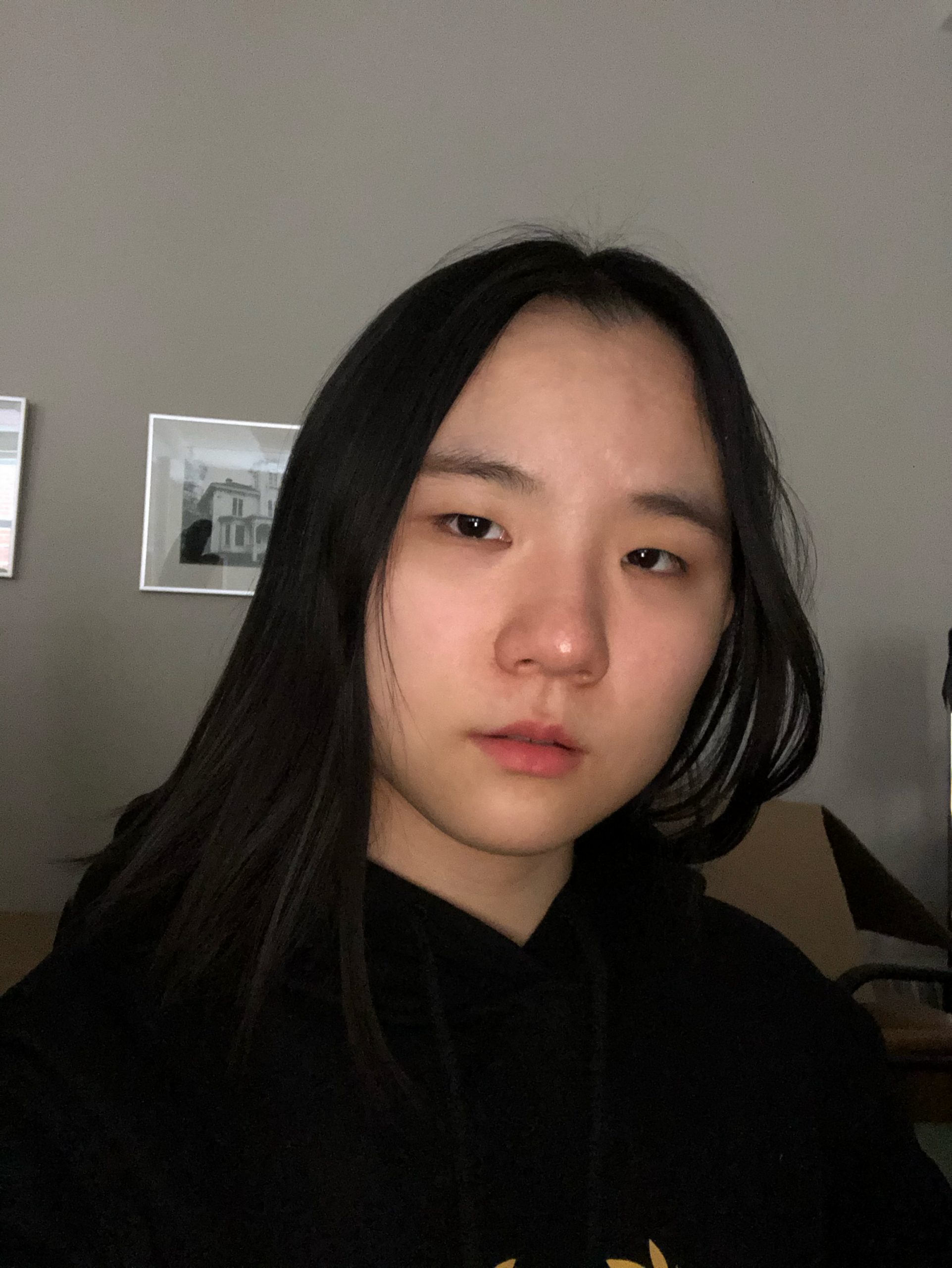After the $10,000 bylaw review took place last semester, the Ad-hoc Bylaw Committee was formed as a result of contentious changes that were passed in this latest bylaw review. Christopher Vanderburgh, Councillor on the Students’ Representative Council (SRC), sat down with The Athenaeum on February 1st, 2019 in order to understand his frustration and discontent with the lack of progress regarding the Ad-hoc Bylaw Committee.
Vanderburgh explained that he has been very vocal to the SRC and believes the majority of the bylaw changes are good. However, his problem lies with the changes to Bylaw 3 which covered students’ ability to initiate a referendum and to impeach elected officials. Under the old bylaws, a student would be able to gain 10% of the student body’s signatures in order to have the matter reach a referendum or impeachment- the new changes to Bylaw 3 eliminate students’ ability to do so. Vanderburgh believes that the ability to petition for referenda or impeachment is a vital right that students should possess. Vanderburgh states than when he reached out to the Council’s lawyer asking the simple question “Have student’s rights been taken away?” their lawyer answered “Yes.”
“This is a massive abuse and affront to student democracy on campus and it will be in effect for years to come,” Vanderburgh declared. “In the five years I’ve been a student on this campus studying politics I do not have the words to describe how bad this actually is.”
Vanderburgh is one of the Council members chosen to sit on the Ad-hoc Bylaw Committee established in early December. The committee is supposed to review problems with the bylaws and recommend to the ASU how to fix them. Vanderburgh was told the committee would meet as soon as possible, as there are many things that need to be done before the committee can actually discuss the bylaw issues. As of February 1st, the committee has yet to meet.
As a vocal Council member, Vanderburgh reached out to Molly Anderson, Chairperson of the SRC and bylaw committee, on January 15th simply asking about the committee. Anderson replied stating that there was no information on the committee to report on yet. On January 21st Vanderburgh asked again, this time adding George Philp, President, to the email. He received a reply from only Anderson, a week later on January 28th, who stated that “work is being done” but noted that she is on an approved leave of absence.
Later that same day at the SRC meeting Vanderburgh asked the Council whose problem the committee actually is. Evan Shergold, acting Chair for Council and the committee told Vanderburgh it was his problem and he would be in contact. On January 30th, Vanderburgh contacted Shergold to hopefully finally start on the committee, to which Shergold responded, “I will send out an email shortly.” As of February 1st, there still have not been any plans made to start this committee.
“It seems to me as if students are having one pulled over on them in a big way,” Vanderburgh stated. The ASU had announced in November that the bylaws would align with their promise for integrity and respect. Vanderburgh noted that he doesn’t feel “as if students are being respected by this process. I shouldn’t have to send four emails to multiple higher ups and still have nothing to show for it.”
When asked what Vanderburgh was proposing he answered by saying “What I’m proposing is that the ASU have enough respect for students to at least discuss the problem at hand and stop avoiding it.”
In addition, Vanderburgh made it clear that he is appalled by the extraction of these student rights, and believes that this is a problem worth fighting.
“I’m not going to go away,” he said.
It is important to note that since this interview took place, both Shergold and Philp have sent emails regarding the Ad-hoc Bylaw Committee by filling three open student positions on the committee before the committee work can commence.
“The ASU Executive felt strongly at the time the Ad-hoc Committee on Student Initiated Petitions was struck that this committee should operate independently of the ASU Executive” Philp announced, responding to Vanderburgh’s opinions on the matter. “The committee still has ample time to provide an interim report to council by the first council meeting in March (March 12th) in accordance with the committee’s terms of reference. The ASU Executive looks forward to hearing the committee’s recommendations. Our Executive has been and will remain focused on improving student wellness and success and is always available to meet with students should they have any questions about the ASU, ideas for improving campus life, or are looking to get involved at Acadia.”
This article has been updated to reflected comment from the ASU.
Rylie Moscato is a first year English student and Columnist for The Athenaeum





